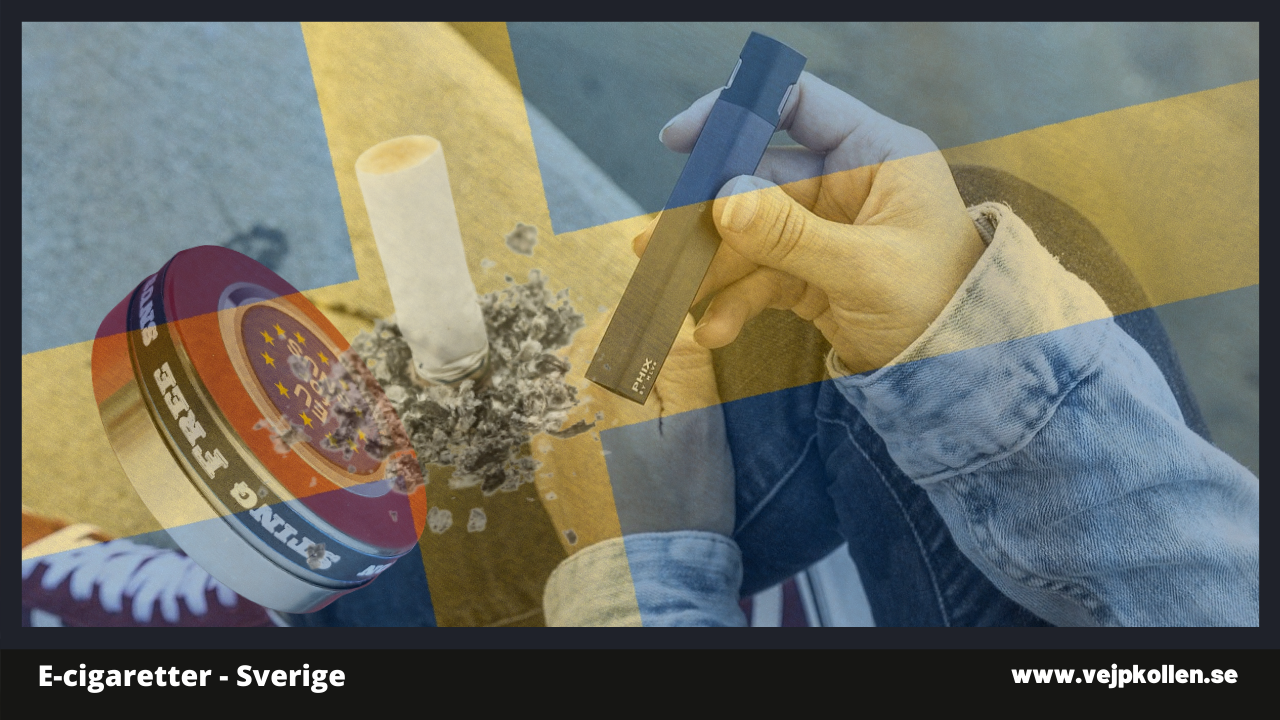Sources with clear vested interests and statistics with a poor basis. This characterises the information that forms the basis for important decisions on alcohol, drugs, tobacco and gambling, according to Boriana Åberg (m).
"Organisations with clear vested interests in the field are responsible for large parts of the statistics on alcohol and tobacco. And that is problematic," she writes in a motion to Parliament.
Today, three major institutions share responsibility for collecting statistics on tobacco and alcohol habits in Sweden. The Public Health Agency of Sweden, Statistics Sweden (SCB) and the National Board of Health and Welfare. According to Boriana Åberg, this is problematic, as none of the authorities take overall responsibility for ensuring that the information can be interpreted in a wider context.
"For example, we currently lack data on the consumption of alcohol and tobacco through alternative channels. We know too little about imports, home distilling and illegal imports. To estimate this consumption, and to be able to make a reasonably confident and reliable judgement, requires in-depth knowledge and advanced statistical methodology." writes Boriana Åberg in a motion to the Parliament.
Special interests characterise information
In addition, there is a risk that the interpretation of the statistics will be characterised by various special interests, says Boriana Åberg.
"A major problem with the current system is the use of sources that, due to a lack of objectivity or a limited statistical basis, cannot be considered reliable and credible"
She mentions the non-profit organisation Central Association for Alcohol and Drug Information (CAN). The organisation was founded by associations that aim to reduce nicotine, tobacco and alcohol use in Sweden. At the same time, CAN is responsible for large parts of the statistics on alcohol and tobacco. The Public Health Agency of Sweden, the media and politicians who are active in the debate on tobacco and e-cigarettes often refer to CAN's statistics.
"CAN has clear vested interests in this particular area. This is problematic," says Boriana Åberg.
Incorrect figures on vejpning in Denmark
The statistical information provided to Parliament is very important for making decisions that affect individuals, health and the market. A recent example is Denmark. The Danish parliament voted in favour of a comprehensive flavour ban for e-liquid and e-cigarettes. The decision was based on an earlier report by the Public Health Agency of Sweden which showed that vaping and smoking were increasing among young people. It soon showed that a new one, albeit delayed report contained figures that pointed to the opposite. Both smoking and vejping had fallen drastically, especially among young people. But by then the decision had already been made. The Swedish government also has the ambition to introduce a similar flavour ban.
"Alcohol, tobacco and gambling impose significant costs on society, while providing value to consumers. As in all contexts, making informed, measured and balanced policy decisions in these areas requires a sound evidence base." Borian Åberg.
Wants to give responsibility to Statistics Sweden
Now we propose Borian Åberg Parliament should assign responsibility for information and statistics to a single institution instead of several. She suggests that Parliament should make Statistics Sweden take full responsibility in the future.




